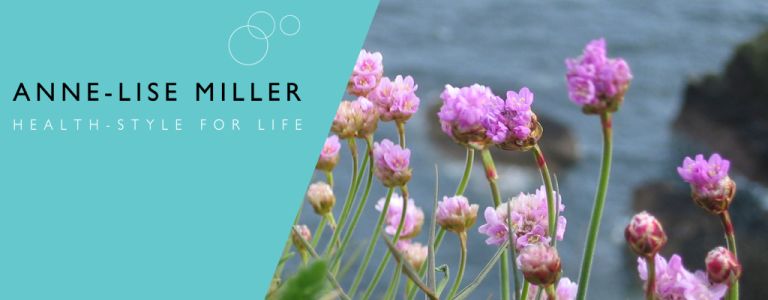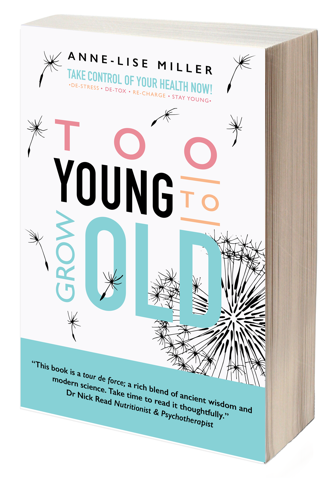Your best bet is to buy only organic fruits and vegetables, as synthetic agricultural chemicals are not permissible under the soil association organic rules. That said, not all conventionally grown fruits and vegetables are subjected to the same amount of pesticide load.
With food prices rising, many are looking for ways to buy the healthiest foods possible at the lowest cost.
One such way would be to focus on purchasing certain organic items, while “settling” for others that are conventionally-grown.
Of the 48 different fruit and vegetable categories, the following 15 fruits and vegetables had the highest pesticide load, making them the most important to buy or grow organically:
| Apples | Celery | Cherry tomatoes |
| Cucumbers | Grapes | Chili peppers |
| Nectarines | Peaches | Potatoes |
| Spinach | Strawberries | Sweet bell peppers |
| Kale | Collard greens | Summer squash |
In contrast, the following foods were found to have the lowest residual pesticide load, making them the safest bet among conventionally grown vegetables. Note that a small amount of sweet corn and most Hawaiian papaya, although low in pesticides, are genetically engineered (GE). If you’re unsure of whether the sweet corn or papaya is GE, I’d recommend opting for organic varieties:
| Asparagus | Avocado | Cabbage |
| Cantaloupe | Sweet corn (non-GMO) | Eggplant |
| Grapefruit | Kiwi | Mango |
| Mushrooms | Onions | Papayas (non-GMO. Most Hawaiian papaya is GMO) |
| Pineapple | Sweet peas (frozen) | Sweet potatoes |


